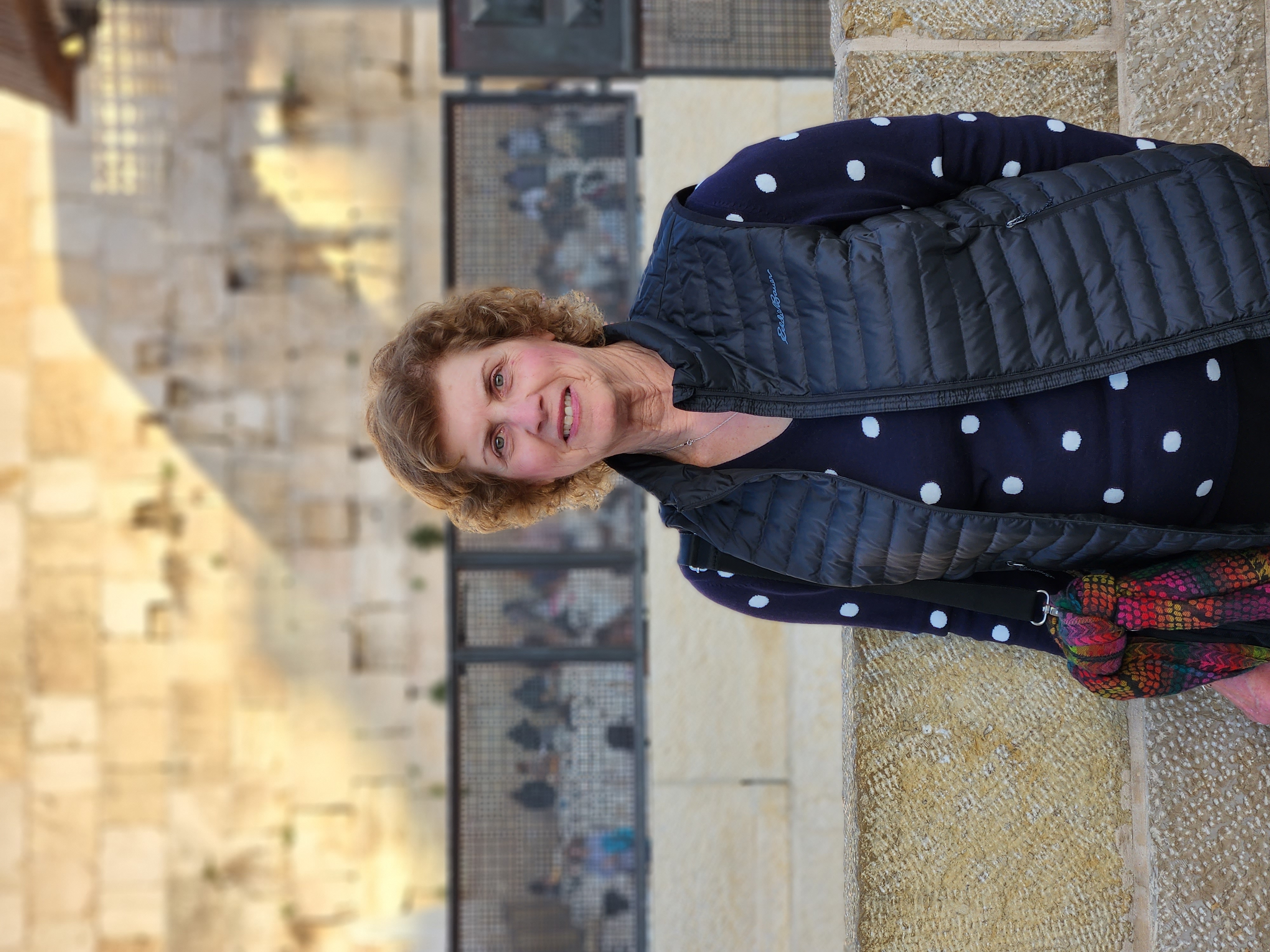
3 minute read
Reflections from the President
What does a synagogue president write about when in the Northeast we are likely in the throes of some very dark, cold, and perhaps snowy days?
And these past months, life has felt a little bit darker and colder as our hearts and minds continue to focus on Eretz Yisrael. As much as we saw a glimmer of hope with the release of some hostages over the Thanksgiving holiday, as I write this article, the war continues, we pray for the remaining hostages, and here at home antisemitic words and actions are on a frightening increase.
Yet, we have reason to celebrate. In our secular world, we mark special days for several great Americans: George Washington, Abraham Lincoln, and Martin Luther King, Jr. These brave men were trailblazers as they fought for freedom and humanity. And in our Jewish world, Tu BiShevat, the 15th day of the month of Shevat, is celebrated this year on the evening and day of January 24 and 25.
So why write about a fairly minor holiday, a holiday that’s not mentioned in the Bible nor has any special religious requirements? This year, that answer is easier than ever. Tu BiShevat, sometimes referred to as the New Year for the Trees, was established in ancient times by the rabbis as an agricultural holiday, and in particular, a time for planting trees. Throughout the Bible, there is reference to the importance of trees, especially trees that bear fruit. We are told in Deuteronomy (20:19-20) that when we go to war, and it takes a long time to capture the besieged city, we are not to destroy fruit trees. Similarly, in Leviticus (19:23) we are instructed to not eat the fruit for the first three years after planting. Moving into modern times, Tu BiShevat is certainly a precursor for Earth Day. In Israel it comes at a time when the winter rains are ending and the trees start to flower. Tu BiShevat is also regarded as a symbol of Zionism and the attachment to the land of Israel. The early Zionist settlers physically planted trees and we now see green in what was a desert. The flowers of the almond trees are breathtaking. My mind brings me back to the Israeli breakfasts with tables overflowing with apricots, dates, figs, and so many more delicacies.
I’ll suggest to each of you to bring a bit of Israel into your life on Tu BiShevat. Enjoy some fruits and nuts, eat some olives, plant a tree in Israel through the Jewish National Fund, and maybe sip a glass of Israeli wine or grape juice. And then, browse through the rest of this edition and the new, monthly Temple Happenings flyer to learn about all that Beth El has to offer. We look forward to seeing you throughout 2024.





